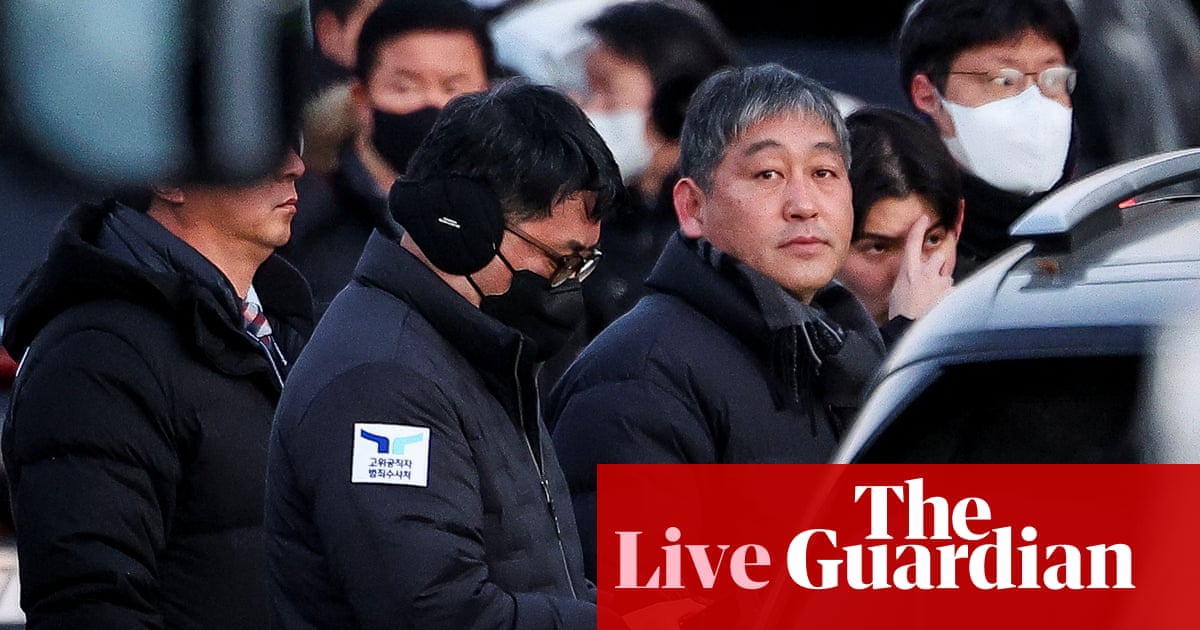South Korea: Anti-Corruption Officials Quit Bid to Arrest Impeached President

The Facts
South Korean officials on Friday ended their attempts to arrest Pres. Yoon Suk-yeol following a six-hour standoff with presidential guards and military troops at his Seoul home, deeming it "virtually impossible to execute the arrest warrant."
The Corruption Investigation Office for High-ranking Officials (CIO) had sought to arrest Yoon over his declaration of martial law, but the Presidential Security Service blocked their entry as thousands of his supporters rallied outside.
Up to 200 people reportedly formed a human chain to block the CIO, which is now considering investigating Park Jong-joon — head of the presidential security service — for potential obstructions of justice.
The Spin
Narrative A
Attempts to detain former Pres. Yoon Suk Yeol reflect a critical effort to uphold justice and restore democratic stability in South Korea after his failed attempt to impose martial law. His defiance against the warrant, protected by loyal security forces, highlights the lingering threat of unchecked authority. Holding Yoon accountable through legal means seeks to prevent further abuse of power, while addressing the political turmoil ignited by his actions.
Narrative B
Prosecuting former presidents often ignites a destructive cycle of political retribution rather than strengthening democracy. Imprisonment has not healed national wounds but deepened divisions, with each new administration using the justice system to settle scores. True democratic strength lies not in seeking revenge but in preserving institutions that resist personal vendettas. Justice must be principled and impartial.







